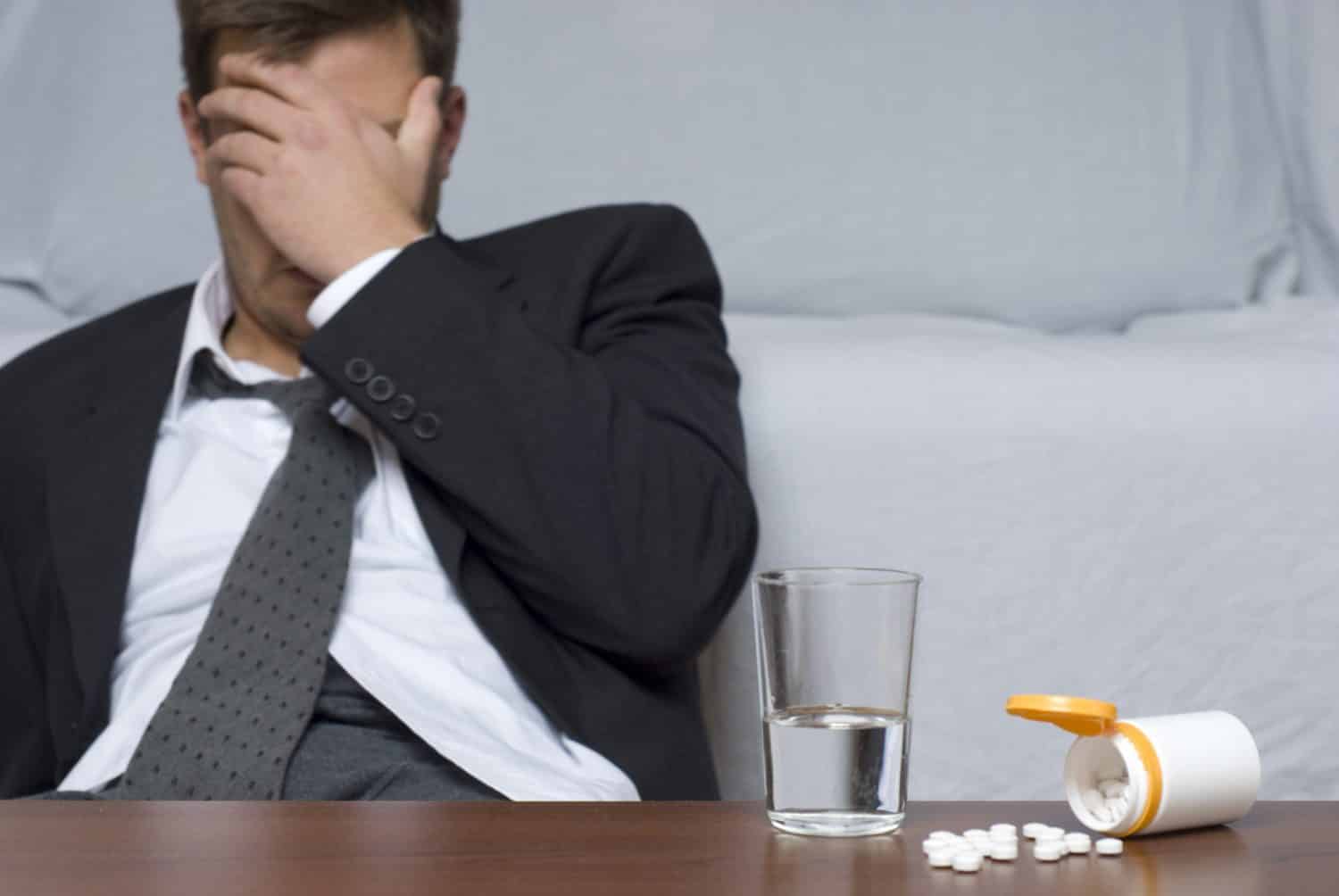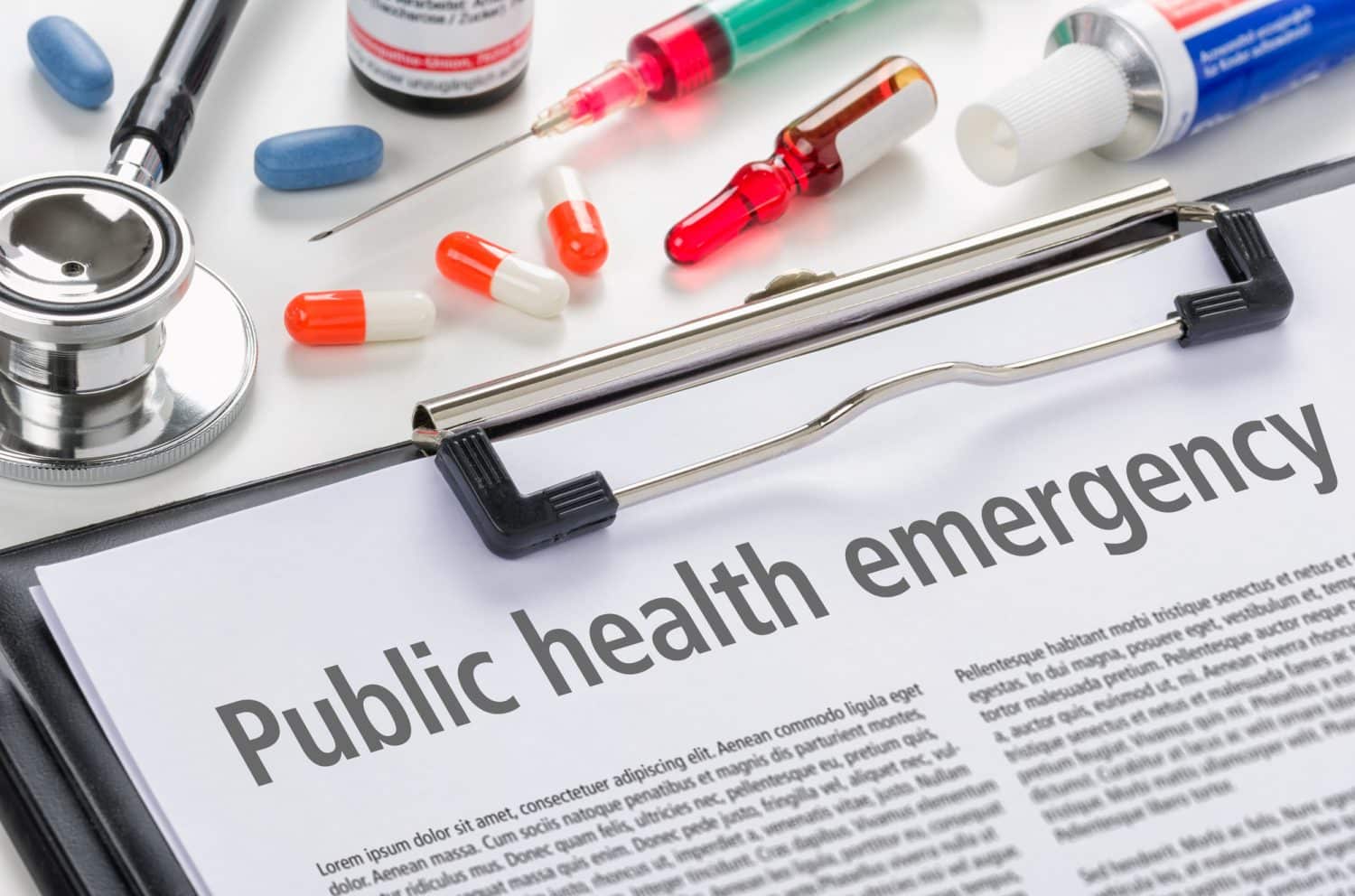
Why do people get addicted to drugs? It’s a question that haunts every scientist. And with a price tag of $8 billion to the healthcare system, it’s a question that needs answering.
So what is the reason behind addiction? Are drug addicts morally weak or do they lack the willpower to kick the habit? Are they only out to get high?
The answers to those last three questions are, in order: no, no, and no. That first question is a bit more complicated. See, addiction is a disease resulting from a concoction of factors.
In short, there is no simple answer. But understanding the factors behind addiction will help you understand the disease itself.
It’s in Their Brains
Before we go into why people do drugs, we need to talk about brain chemistry. As we mentioned earlier, a common addiction myth is that users do drugs for the pleasurable high.
The truth is most addicts derive little pleasure from drugs. We call this ambivalence tolerance. So if addicts don’t get pleasure from drugs, why do they continue to use them?
The answer: dopamine.
Dopamine is the brain chemical responsible for desire. Contrary to what you might think, it’s different from pleasure.
Think of it as a chocolate chip cookie. You like the sweet taste when you eat it. But when you see or smell a plate of cookies, you want them.
That “wanting” comes from dopamine, and for addicts, it’s hyperactive. That’s because all addictive drugs trigger an increased dopamine response. As drug use continues, the “wanting” grows.
But there’s more to it than that. Not everyone who uses drugs becomes addicted. Some are even more predisposed than others.
To get a better understanding, we need to factor in the human element.
They Get It from Their Parents
As they say, it’s all in the genes. While there’s no single gene responsible for addiction, a family history of it does increase the risk. Children of addicts who use tend to take in higher amounts of a given drug due to higher levels of tolerance.
Social environment plays a role too. Drug cues come into play here. They include people and places, drug paraphernalia, and negative stressors, such as childhood adversity.
Teenagers possess an even greater risk than most. The judgment and reasoning centers of their brains have yet to develop fully. They’re also more inclined to take drugs out of rebellion or experimentation.
They Do It to Self-Medicate
Mental illness and addiction often run hand in hand. In most cases, the mental illness triggers the addiction.
Most commonly, drugs are used to battle depression and anxiety. There is even a link between PTSD and addiction.
It’s a way to self-medicate. Abusers don’t want to get high; they want emotional control. However, drug use creates a new problem and makes the original problem worse.
In other cases, drug use may cause mental illness, especially anxiety. Continued use makes these problems worse and may cause permanent damage to the nervous system.
They Do It to Relieve Stress
Stress is a part of everyday life. It can be anything from changing a tire to pressures at work. For an addict, stress, no matter how small, can fuel the desire to use drugs.
Drugs offer them an escape from their daily problems. Take alcohol, for example. Many people go to a bar and drink away the day.
Alcoholics do it even more so. Some are even so bad, they need alcohol just to function.
As is the case with self-medication, drugs make the problem worse. It also inhibits a user’s ability to handle stress sober.
Their Addiction Is Legal
Worse than heroin or cocaine are legal drug addictions. Alcohol and nicotine are common culprits. They account for 70 percent of the costs related to substance abuse.
Hot on their heels are opioids. These are painkillers, often prescribed by doctors, to patients dealing with pain. They also accounted for 2,800 deaths in 2016.
Patients trust doctors, believing anything they give them is safe. But painkillers are often the most abused prescription drugs. Many doctors have been fined or stripped of their titles for over-prescribing medication.
Of course, it’s not always the doctor’s fault. Patients may overmedicate themselves or turn to street versions when their prescription runs out. Even after the pain subsides, they want more and more.
Why Do People Get Addicted to Drugs and What Can You Do about It?
The first part of that question has no simple answer. Addiction isn’t a matter of choice or willpower or even pleasure. It’s a complex set of factors that include genetics, stressors, mental illness, and even basic pain management.
Legal addictions present a unique problem. They’re often not detected until a something worse arises.
For smokers, it’s cancer. For alcoholics, it’s repeated heavy drinking and drunkenness. Opioid addicts end up relying on their pills.
Addiction is a disease. It has symptoms. It can relapse.
Fighting addiction isn’t easy. It requires treatment, support, and understanding.
Fortunately, treatment options are available. No matter what you’re addicted to or your level of addiction, you can get help. That’s what we do.
At Trafalgar, we’re addiction experts. We offer a private solution, designed to help you get your life back on track.
Why do people get addicted to drugs? For many reasons.
Why do people quit? Just one: to live. Call us today at 1-855-972-9760 or email us from our website.
We’ll give you all the resources you need to get clean!





